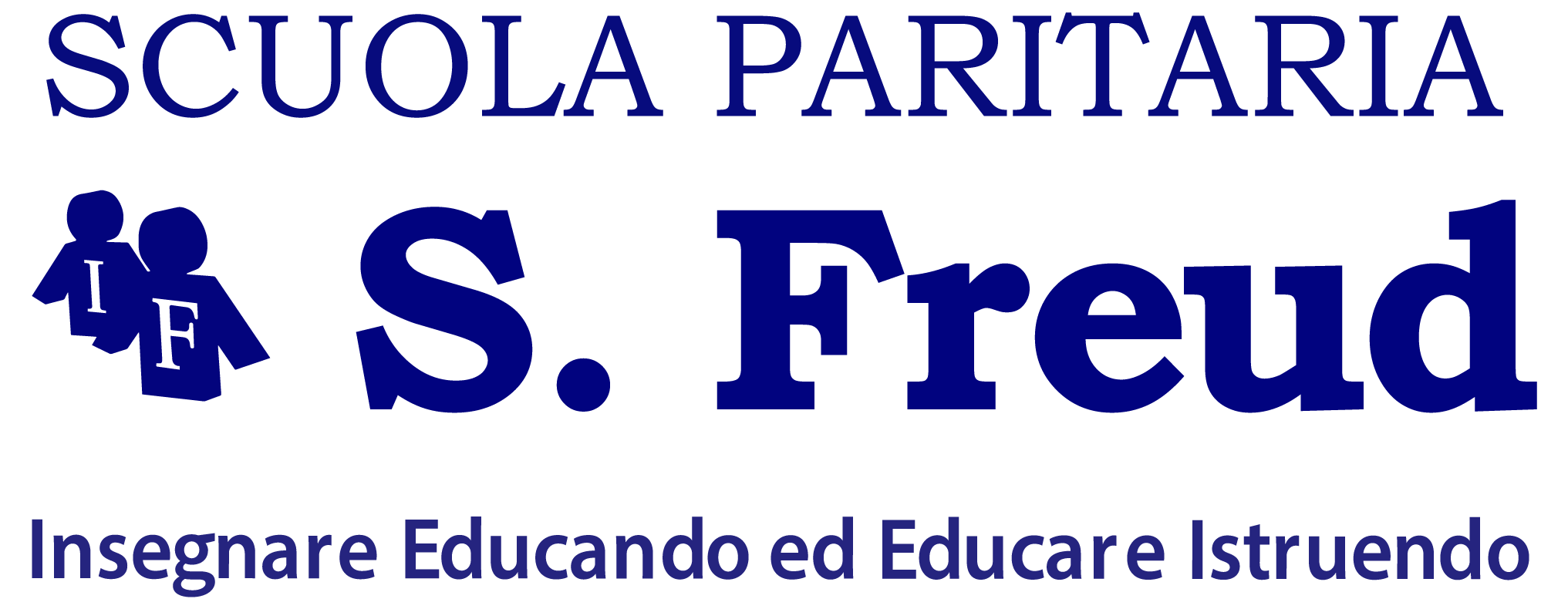25 ottobre 2024
Dr. Daniele Nappo, Legal Representative as well as founder of the S. Freud Private School, focuses on inclusivity in classrooms that offers students the opportunity to interface daily with challenges-opportunities for adaptation, resilience, judgment in areas fundamental to personality growth.
The school inclusion that is talked about in ministerial or planning documents is often disregarded in practice, and policies and consequently practice should be directed toward achieving this goal. The problem, however, needs to be addressed with courage and intellectual honesty. The most sensitive topic is the allusive relationship to the alleged harm that so-called 'normal' students would have from being in the same classes with pupils with disabilities, Dsa or other difficulties. If the key debate is the advantage that the cognitive-cultural homogeneity of the class would guarantee in terms of the quality of the educational pathway, then it would serve to structure differential classes also in relation to the cultural level of entry: this is because perhaps especially those who are further behind, even without disabilities, can be a reason for slowing down. One can only criticize the idea that the quality of a student's educational journey can be assessed by the speed with which he or she proceeds in his or her study. It is clear that a homogeneous class would walk faster and perhaps tackle more topics, but at what price of real human growth? How much intangible, silent, slow but concrete and far-reaching learning is defined, instead, in the daily contact with those who are more struggling and, more generally, in the confrontation with differences? The truth, students understand, is that confronting various forms of diversity offers everyone daily challenges-opportunities for adaptation, resilience, judgment in areas fundamental to personality growth, such as managing emotions and relationships, organizing, listening, tolerance, empathy, recognizing the other, and changing one's point of view. Problem solving is a very valuable engine of growth: development not only ethical and civic, but also social-emotional, cognitive and cultural. It should not be forgotten that helping the cerebral evolution of the human species, with the evolutionary needs dictated by environmental adaptation, there have been those of a social nature and the need to intellectually deal with the challenges imposed by the management, cooperative, of increasingly articulated and diversified groups and societies. Historically, the societies that have evolved the most have been those most open to confrontation with different cultures, styles, approaches, ethnicities, not those most closed in on themselves.


